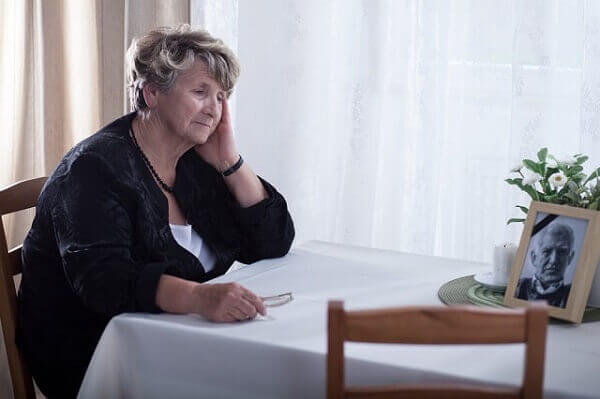
Wrongful Death Attorneys Helping Victims of Food Poisoning in Washington
When you eat at a restaurant or purchase food from a supplier, you assume that the food you are consuming is safe. After all, restaurants and suppliers must go through rigorous inspections and have all employees trained in the art of food safety. While the law requires establishments to do this, not all establishments follow these protocols – and some may unknowingly serve contaminated food that came from a bad source. If your loved one contracts a foodborne illness and dies because of that illness, you may wonder who you can hold accountable for his or her death. Luckily, the state of Washington does have options for loved ones who have lost a family member due to foodborne illness.
What is a Wrongful Death Claim?
A wrongful death claim is filed by relatives or estate representatives of the deceased. Surviving family members, such as spouses or children, are often qualified to file a claim on behalf of their loved one. They can sue for financial damages that result from the person’s passing, including lost wages. They can also sue for other damages that resulted from the death of their loved one, such as loss of companionship, funeral costs, medical costs, and more.
The wrongful death statutes for Washington state are highly complex; therefore, you will want to consult a wrongful death attorney to explore your options and see if your claim will qualify under the law.
The Basics of Food Poisoning
Not all instances of food poisoning are the result of negligence, and not all foodborne illness deaths can be considered “wrongful death.” Instead, you must establish that the company selling and/or distributing the contaminated food knew about the contamination or led to the contamination due to oversight. For example, if the company served raw chicken and was unaware that they were doing so, because they failed to follow basic protocols and test the temperature of their chicken before serving it, several patrons of their restaurant became severely ill. This negligence contributed to the death of those patrons; therefore, the establishment is now liable for those illnesses or deaths.
Sometimes, it is not the facility serving the food that is responsible. Instead, it could be the supplier, distributor, or manufacturer. For example, if contaminated peas were received by a store, the store sold those peas to consumers (without knowing they were contaminated), and the manufacturer that packaged the peas had a contamination at its packaging plant that was later discovered. In this case, the manufacturer is at-fault for the illness. While the store could be considered at-fault for selling the contaminated food, it may be better to sue the manufacturer than the store itself. Though, in some instances, filing a suit against both is possible, and even more beneficial.
Contact a Washington Injury Lawyer Right Away
If your loved one died because of food poisoning, you may be entitled to file a wrongful death lawsuit. You will want to contact an injury attorney first to explore your legal options. Schedule a free consultation now with Brett McCandlis Brown & Conner, PLLC toll-free by calling 800-925-1875, or fill out our online contact form regarding your wrongful death questions.


